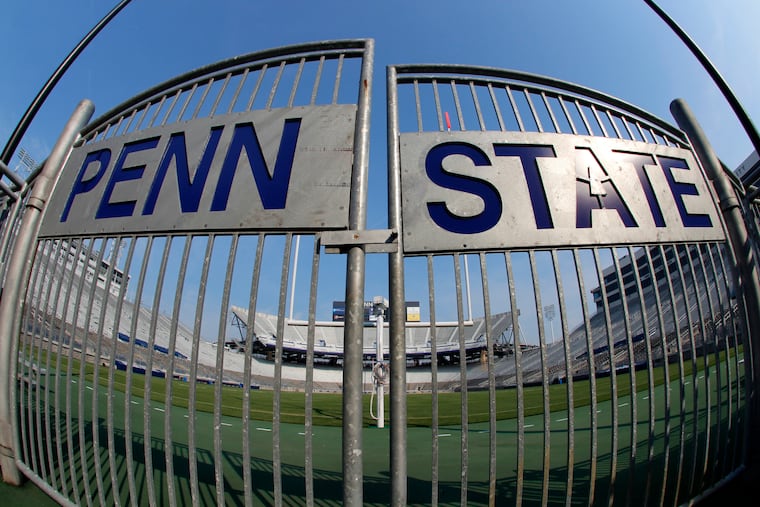Increased number of Philadelphia renters face financial difficulties, indicating a rising trend in rental struggles in the city.
In various neighborhoods across Philadelphia, a growing number of renters are grappling with escalating housing costs amid stagnant incomes. Recent data reveals that many residents are finding it increasingly difficult to manage their monthly expenditures as rental prices continue to rise sharply, placing significant strain on household budgets.
National trends show that individuals spending more than 30% of their income on housing are classified as “cost burdened.” This categorization underscores the financial challenges faced by many Philadelphia renters. According to the latest statistics from the U.S. Census Bureau, the number of cost-burdened households in Philadelphia has surged, leaving many tenants with less disposable income for essentials such as food, healthcare, and transportation.
Individual accounts of this phenomenon highlight the severity of the situation. One renter, whose job is seasonal and reliant on unemployment benefits during off-peak months, noted the need for strategic management of her limited funds to cover essential bills. Stories like hers are becoming increasingly common, as more households struggle to make ends meet.
In a separate case, a retired man in his 70s faced a life-altering predicament when his long-term rental property was sold. Despite paying below-market rent for two decades, the new landlord’s decision to raise the rent to ,200 effectively consumed the entirety of his monthly Social Security check, leaving him with little choice but to seek more affordable housing that may also prove economically unviable.
This trend is part of a broader issue affecting renters across the city, as increasing costs make it challenging for individuals to find suitable accommodations without straining their finances. The resulting financial pressure often leads to difficult choices, including potential homelessness or relocation to less desirable areas.
Beyond the immediate crisis of affordability, efforts are underway to address deeper systemic issues in the housing market. A group known as the WEALTH Collective, composed of professionals in real estate and finance, is actively working to combat racial bias in home appraisals. Their recent attainment of ,000 in funding aims to support the development of an app that allows homeowners to report appraisal discrepancies, thus promoting equity in property valuations.
Local initiatives have emerged targeting the ramifications of housing inequality, showcasing the community’s engagement in finding long-term solutions. As Philadelphia continues to face a housing crisis, the interplay between rising rents and stagnant incomes elicits concern regarding the future stability of its residents’ living conditions.







